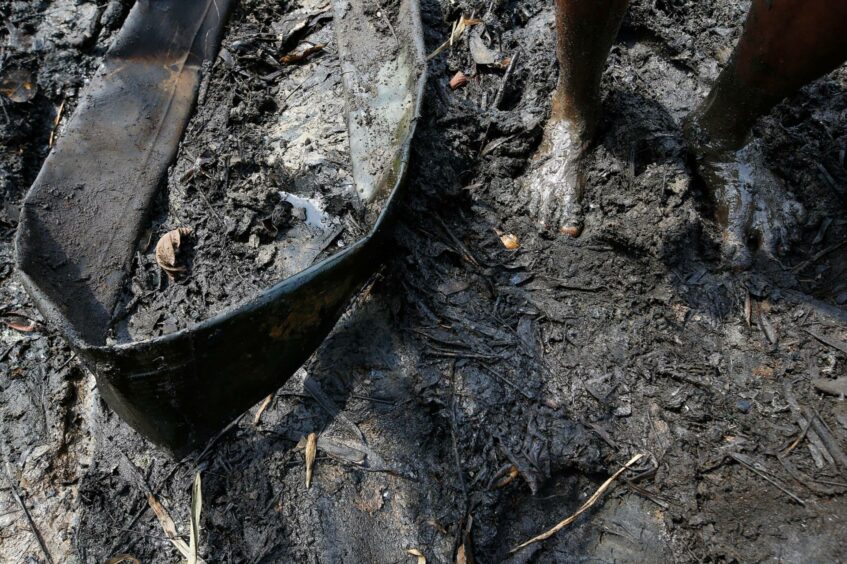
More than 100 are feared to have been killed, with victims “burnt beyond recognition”, following an explosion at an illegal oil refinery in Nigeria.
The Reuters news agency reports that the incident took place in the country’s Rivers State, citing a local government official and the Youths and Environmental Advocacy Centre (YEAC) NGO.
State commissioner for petroleum resources, Goodluck Opiah, said: “The fire outbreak occurred at an illegal bunkering site and it affected over 100 people who were burnt beyond recognition.”
Imo State governor Hope Uzodimma spoke out against illegal bunkering in a speech at mass, on April 24. “I condemned, once again, the activities of illegal crude oil bunkering within our territory,” he said.
YEAC said several vehicles were in the queue to buy illegal fuel, which were burnt in the explosion.
The bunkering site sits in the Ohaji –Egbema area in the Abaezi forest, straddles the border with Imo State. Rivers State governor Nyesom Wike launched a crackdown on the process in January to reduce air pollution.
Declan Emelumba, Imo State Commissioner for Information, said the fire broke out on Friday and spread to two fuel storage areas, causing the complex to be “engulfed by fire which spread rapidly”.
At least 25 people, including children, were killed in an explosion and fire at an illegal oil refinery in Nigeria’s Rivers state in October.
Imo has named Okenze Onyewoke as the suspected owner of the illegal refining site. The state government has also threatened to pursue landowners who host refiners. According to Punch newspaper, Imo plans to carry out a mass burial of those lost in the explosion.
Illegal crude refining is an attractive business for the Niger Delta, which is stricken by poverty and unemployment.
The hazardous refining process has led to fatal accidents and polluted the region.
Illegal crude refining sees oil being tapped from pipelines owned by oil companies and refined into products in makeshift tanks.
Political pressure
Oil theft has been a long-running problem in Nigeria but a number of high-profile officials have commented on the practice recently. The upstream regulator has put the costs of stolen crude to Nigeria at around $230 million per month.
Part of the problem is a lack of accurate metering. As a result, it is unclear exactly how much crude may be stolen. Informed estimates suggest it may be 100,000-200,000 barrels per day.
Oil, and fuel prices, are certain to be a key factor in the February 2023 presidential election. Rivers’ Wike is one who has declared his intention to run for the top spot.
Updated at 9:54 with additional details on Nigeria’s oil theft.
